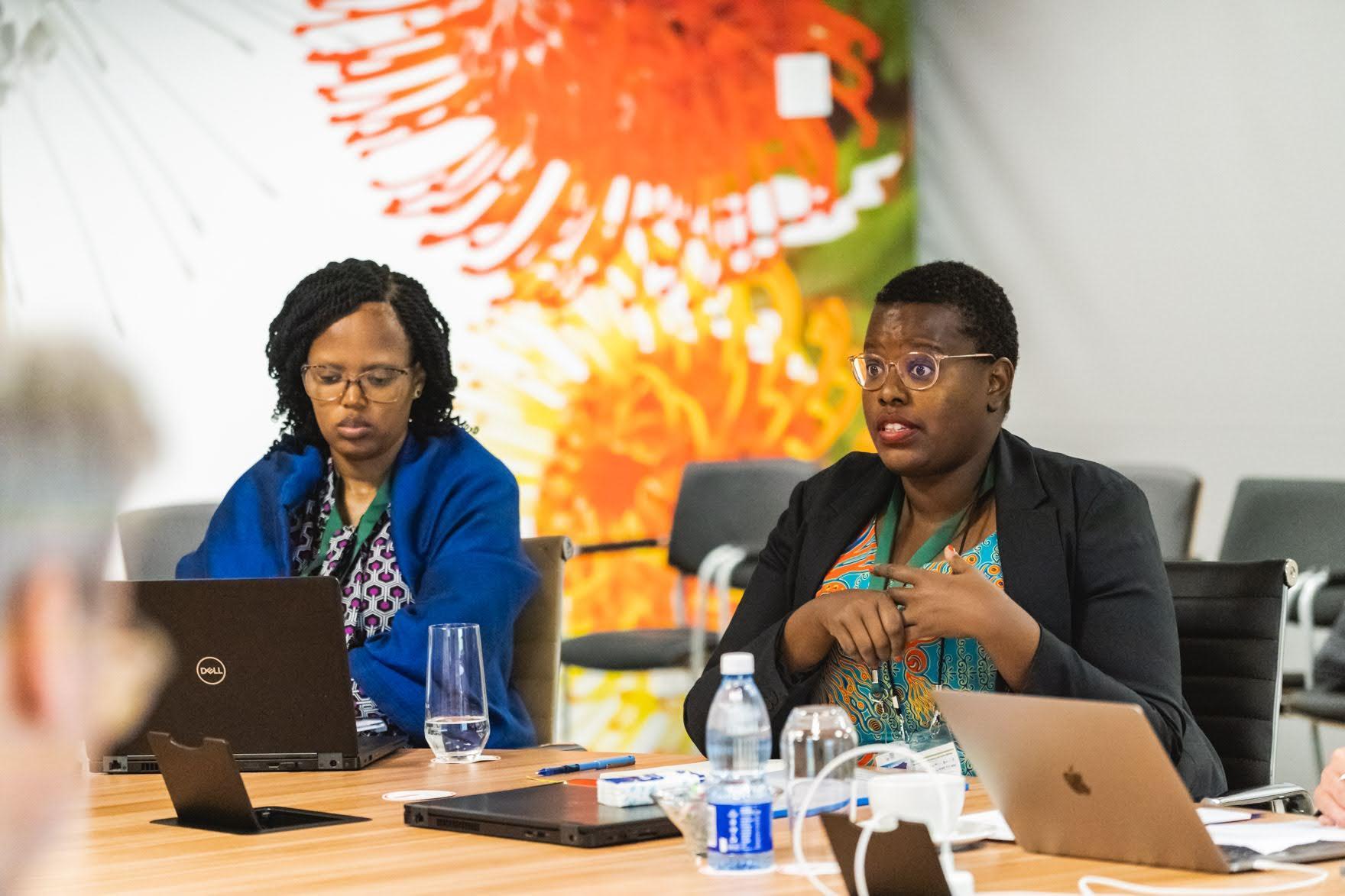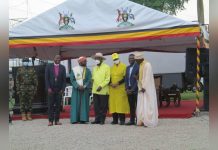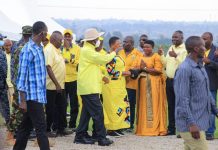Africa-Press – Uganda. South Africa based National Research Foundation (NRF) and Japan Science and Technology Agency (JST) have launched the second booklet which aims to highlight the objectives, achievements of the thirteen African-Japan Collaborative Research (AJ-CORE) funded projects.
AJ-CORE is a partnership between the National Research Foundation (NRF) of South Africa and the Japan Science and Technology Agency (JST), which aims to support joint research and innovation projects.
It also serves as national and regional research platform designed to provide knowledge needed to support transformation towards sustainability.
Dubbed the Long-term African-Japan Research and Innovation Partnership, the booklet was launched during the just-ended AJ-Core workshop in Maun.
The booklet is a collection of the joint research and innovation projects in designated fields of environmental science among researchers from Japan, South Africa and 17 member countries of the Science Granting Council Initiative (SGCI).
In an interview, NRF South Africa liaison officer, Ms Valencia Mashiloane said the launch of the booklet was a big achievement stating that through it, they wanted to gauge the impact of research amongst communities involved and also to recognise and promote the good work of researchers in Africa.
When researchers apply for funding, she said, they had to indicate how their research projects were going to be applied in the communities they were working with to improve livelihoods.
She explained that the first booklet, which was launched in 2019 was an introduction of the AJ-CORE programme to the research space as it outlined the background of the project and also focused on what would be expected in the next joint call.
Since inception of the AJ-CORE programme in 2019, she said, three calls had been launched for proposals, which supported 13 consortia projects all within the environmental science field.
She said the second booklet was a collection of projects funded in the second call ending this year.
According to Ms Mashiloane, the second joint call for proposal was launched in 2021 and supported four more projects for the period of 2022-2024 which were jointly funded by NRF, South Africa, JST and Ministry of Communication, Knowledge and Technology (MCKT) Botswana.
She said the third call for proposals was also open and focused on supporting five joint projects for three years (2024-2026) which were funded by NRF, South Africa, JST, MCKT and NRF Kenya.
“We aim to produce a booklet under every joint call because we want to highlight the impact and successes of research on the communities, methods applied by researchers their engagement with the communities and also the output and outcomes of the research among others,” she added.
Through the booklet, Ms Mashiloane said, they also wanted financiers and tax payers’ to appreciate the end results of their monies so that they continue supporting the programme which aimed to bring together partners in society to co-develop the knowledge needed to support decision-makers and societal change at all scales and in diverse contexts, by focusing on the research area contributing to resolving common problems in Africa.
One of the research project she highlighted in the booklet was the SusMine which focused on sustainable well-being through rapid detection, remediation and stakeholder awareness of contaminants in environments impacted by mining activities.
Participating countries on the project were South Africa, Japan and Botswana and the expected overall outcome of the project is to deliver an accessible water treatment method to poor communities; improved water provision to acid mine drainage- impacted communities in Botswana and produce graduates skilled in wastewater remediation and problem solving.
In addition, it is expected to produce more scientific communications that can be accessed by both researchers and the general community.
Ms Mashiloane appreciated all the projects undertaken and thanked researchers for their contribution and encouraged them to continue undertaking more research projects in Africa.
She said new knowledge and insights from scientific research could make an important contribution to solutions for current and future societal issues.
“Your good work is very resourceful as it helps our people to understand issues in their respective countries and how they could mitigate them and eventually improve their livelihoods,” she added.
She also hailed the funders and encouraged them to continue investing in research and development saying the findings helped in bringing lasting solutions to the problems faced by the communities. The funding also motivated researchers from their own countries to take part, she said.
For More News And Analysis About Uganda Follow Africa-Press






